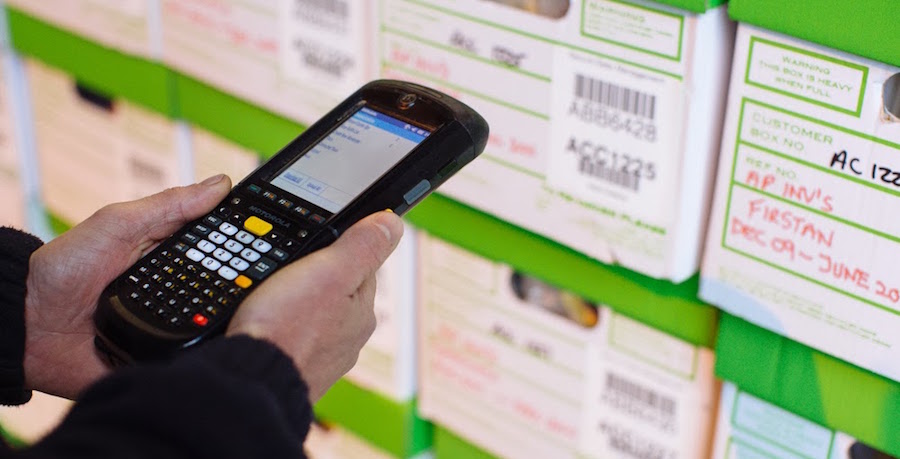Record keeping might not be exciting but it certainly is important. Often businesses take administrators for granted, but effective bookkeeping is vital for the smooth operation of every day business activities.
There are some record management pitfalls businesses need to be wary of and pieces of outdated advice that they should try to mitigate. Most businesses follow their own industry-specific regulations when it comes to bookkeeping, but there a few tips and tricks that can be applied to the record management of any business. By following the right advice and dropping bad habits a business can create a record keeping system it can be proud of.
Record Keeping Don’ts
1. Don’t keep documents for longer than you need to.
Retaining documents longer than necessary is certainly a practice record keepers will want to avoid. Not only do these records take up valuable space, but they also increase the workload of administrators. Furthermore, it will make searching for active documents more irksome for employees.
2. Don’t prematurely dispose of documents.
Yes documents should be thrown away, as recommended above, but only once they reach the end of their retention deadlines. These retention deadlines should be vigilantly followed; guesswork is unwelcome here as every type of document has its’ own retention periods, and these can vary significantly. Failure to adhere to retention deadlines could lead to a business finding itself on the wrong side of the Information Commissioner’s Office, the body which regulates information processing and record keeping practices in the UK.
3. Don’t ignore digital records
Digital records, like their physical counterparts, also have their own retention deadlines that must be adhered to. Increasingly it is expected that employees archive their digital documents, including e-mails. The proliferation of digital records means that it is advisable for businesses to use archiving software, which will assist with the scheduled backup of records. What’s more, the security of digital records must also be a priority in any record management system given the rising threat of cyber security.
Record Keeping Do’s
1. Create backup files of critical information.
Having backup data available could be crucial for business continuity in the event of an information management crisis. Recent research on lost data has shown that when a business misplaces documents it will, on average, cost £71 per a record. With an efficient backup system in place these costs can easily be avoided. These days businesses have a whole range of backup systems at their disposal, from cloud storage to magnetic data tapes. Businesses needn’t worry about choosing the perfect backup system, as most work best in partnership with one another.
2. Invest in security
A business should always look to make sure it has the appropriate security measures in place to secure sensitive information. This might mean storing files in rooms which have key-code access and video surveillance, or sending records to an offsite storage provider with adequate security procedures already in operation. Investing in security doesn’t just mean money, it means time too. A business should spend some time deciding which employees should have access to certain documents in order to decrease the risk of a data breach.
3. Set up a secure record disposal system.
It is important that when records are disposed of they are destroyed securely and not carelessly dropped into the nearest wastepaper bin. The journey from the wastepaper bin to the landfill site is a long one, providing plenty of opportunities for documents to be taken unnoticed. Shredding is the most efficient and secure way of disposing documents. Records are illegible after shredding so they cannot be used by an outsider. Competent shredding companies will also pulp and recycle shredded documents, eliminating the risk of a data breach altogether.











